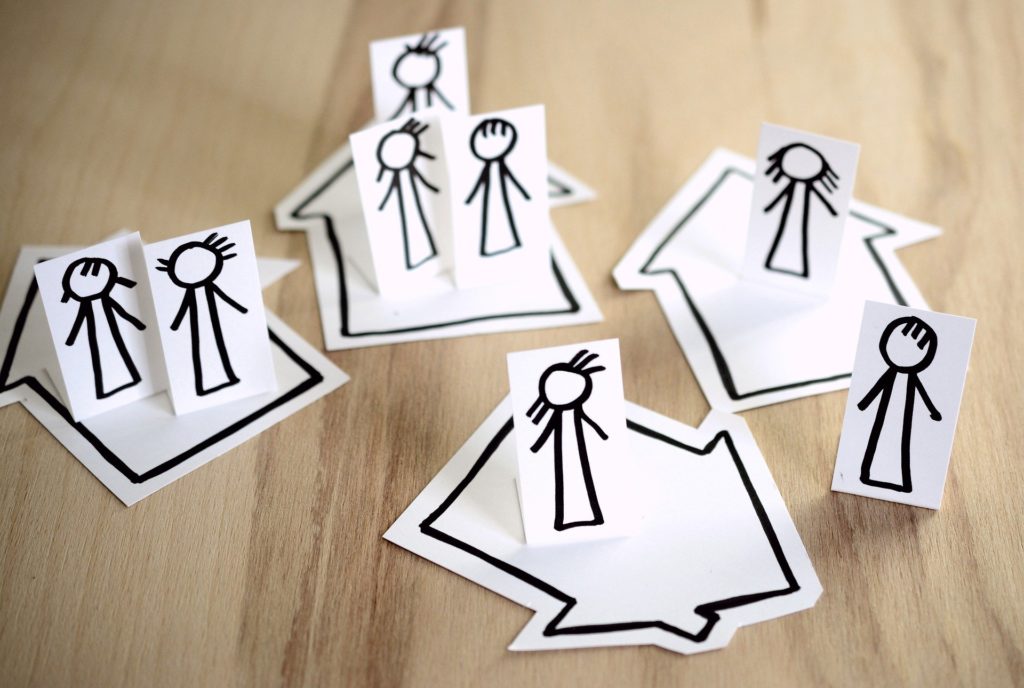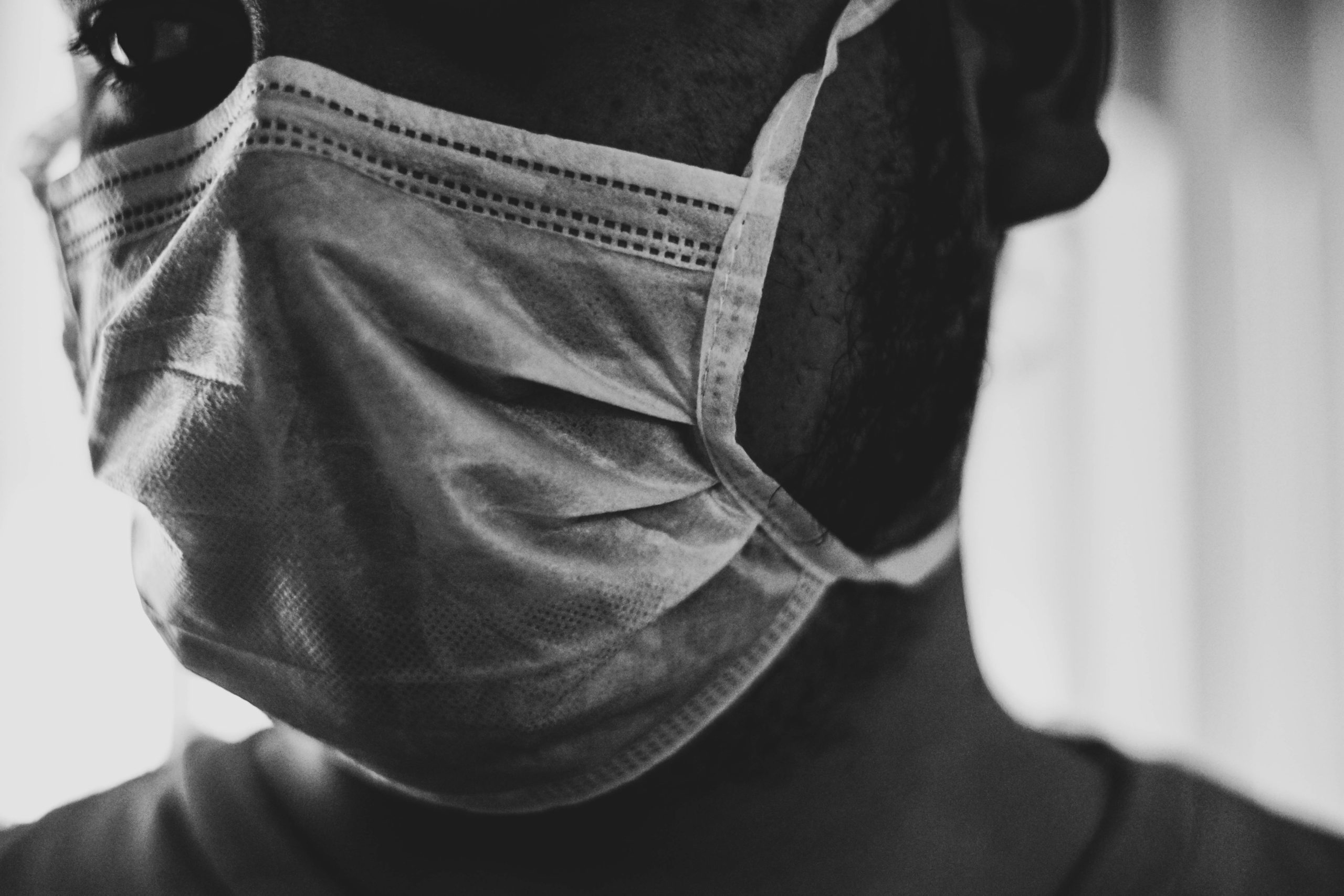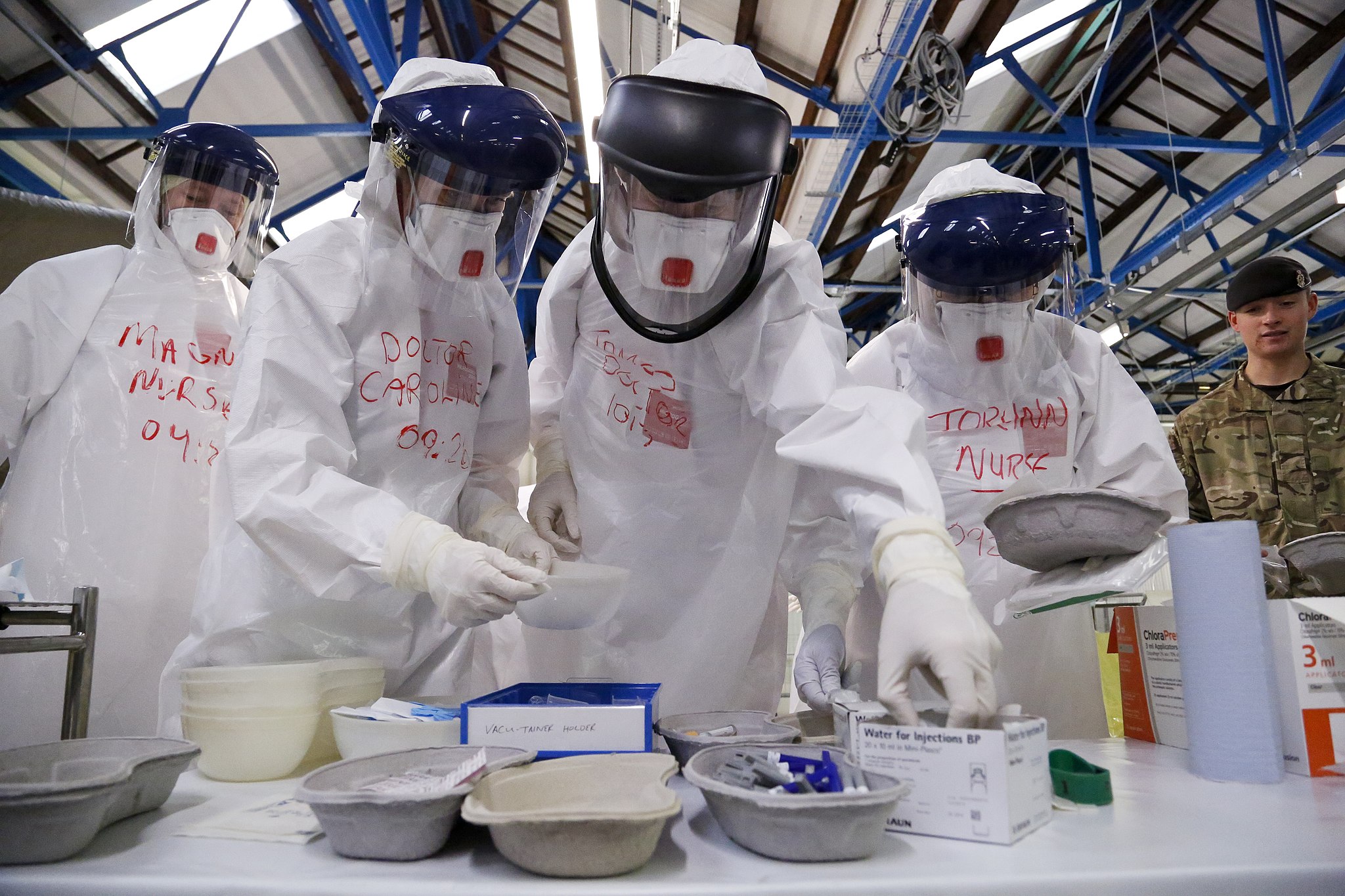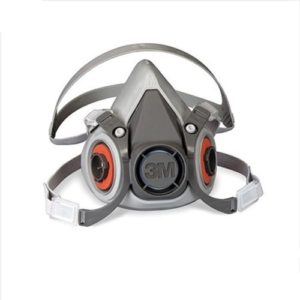Fraser Keir, Academic Registrar at Birkbeck, reflects on how life has changed since the start of the pandemic, and urges people to be kind and considerate of others as many students and staff return to campus next Monday 4 October for the start of the autumn term.
 The past 18 months have been a roller coaster for everyone in the Birkbeck community, myself included. Overnight Microsoft Teams became our new best friend and the gateway to keeping in touch with colleagues, friends and family. I clapped for our NHS heros and learned the value of an hours walk when you were only allowed an hours walk a day. For those in hospitals and care homes every second was precious, and for many people they lived day by day as the virus ravaged communities. We were all living, praying and hoping the worst would not come. As the fragility of life and the power of viruses came to the fore so awakened our compassion for others and the importance and value we place on the NHS and keyworkers, many of whom are students at Birkbeck. Jobs and roles that we may not have considered that critical in the past became essential – carers, lorry drivers, supermarket workers, nurses and cleaners to name but a few. Seeing empty shelves highlighted the inter-connectedness of our society and the just-in-time nature of how we consume. When things got really tricky during lockdown I only had admiration for the people keeping our country running whilst trying to look after kids, the oldies and often in home circumstances that were not always conducive to work, study and home schooling. I didn’t take a drive to Barnard Castle during lockdown but following the rules and being a rule keeper as well as being a university rule maker really became important to me as someone who works in the public sector. Having colleagues and students trust you are doing the right thing by them was both humbling and a heavy burden in equal measures.
The past 18 months have been a roller coaster for everyone in the Birkbeck community, myself included. Overnight Microsoft Teams became our new best friend and the gateway to keeping in touch with colleagues, friends and family. I clapped for our NHS heros and learned the value of an hours walk when you were only allowed an hours walk a day. For those in hospitals and care homes every second was precious, and for many people they lived day by day as the virus ravaged communities. We were all living, praying and hoping the worst would not come. As the fragility of life and the power of viruses came to the fore so awakened our compassion for others and the importance and value we place on the NHS and keyworkers, many of whom are students at Birkbeck. Jobs and roles that we may not have considered that critical in the past became essential – carers, lorry drivers, supermarket workers, nurses and cleaners to name but a few. Seeing empty shelves highlighted the inter-connectedness of our society and the just-in-time nature of how we consume. When things got really tricky during lockdown I only had admiration for the people keeping our country running whilst trying to look after kids, the oldies and often in home circumstances that were not always conducive to work, study and home schooling. I didn’t take a drive to Barnard Castle during lockdown but following the rules and being a rule keeper as well as being a university rule maker really became important to me as someone who works in the public sector. Having colleagues and students trust you are doing the right thing by them was both humbling and a heavy burden in equal measures.
Altering the way school pupils and university students were assessed and examined was one of the most fascinating aspects of the lockdowns. Some pupils and students loved online learning and some didn’t. What we do now know is that there are options to the traditional 2 or 3 hour closed books exams that work and these options can create a more inclusive learning environment by taking out some of the ‘exam hall anxiety’. Learners can learn from the comfort of their own homes and academic standards can be maintained by careful assessment design. There is much we can learn and benefit from continuing to support elements of digital learning and assessment.
It was through higher education and our scientific community that hope emerged. Issues that would previously have taken years to implement happened almost overnight – lockdown, furlough and, of course, a vaccine roll-out. We learned that we could be agile and do things differently. For many of us, productivity increased whilst working at home and not having to travel 10 hours a week on public transport. Coming out of this phase of the pandemic I’m going to retain some of the benefits of this experience and work flexibly as are many of my colleagues in Registry Services and across the College. Personally I feel that a good home/work life balance makes us all more productive.
As I start to attend meetings back in Bloomsbury, l continue to take a cautious approach to coronavirus. Why? Part of it is me trying to be a good neighbour to others in clinically or emotionally vulnerable situations. Part of it is me wanting to avoid contracting COVID-19. My hope is care and compassion will continue into the future and a focus on mental health is only a good thing. So, I’m now double jabbed. Thanks to Oxford AstraZeneca I can say I’m an Oxford lad as well as an alumnus of Aberdeen and the Open Universities. I’ve also had my flu vaccine and will take a booster shot for COVID-19 when they become available and I’m eligible to have one. I’m happy to wear a mask on campus even if its uncomfortable. I don’t like wearing masks but it’s my personal contribution to the health and safety of a wonderful 12,000 strong Birkbeck community. I’ll keep washing my hands and I’ll give people space when they want it. I’ll also take lateral flow tests when I have to meet others indoors. Is all this an inconvenience and an assault on my personal liberty? No, not really because a resurgence of coronavirus is the real issue and the real assault on our freedom. Kindness costs nothing and it is our kindness that will be remembered by colleagues, friends and family in the years to come. As we go back to our new normal and regardless of how strongly we hold views; if we can be anything, lets be kind to one another.
Further information













